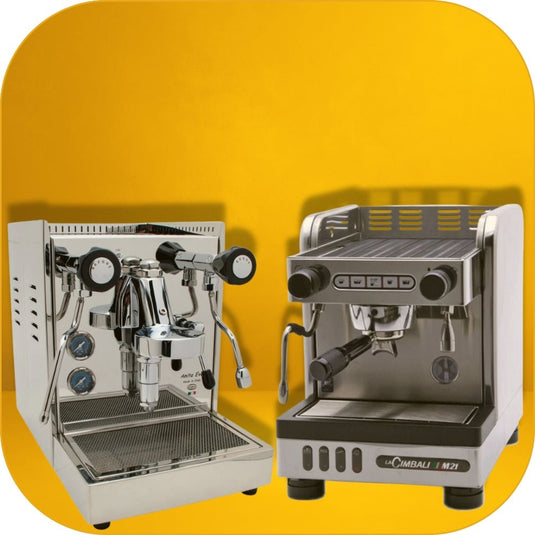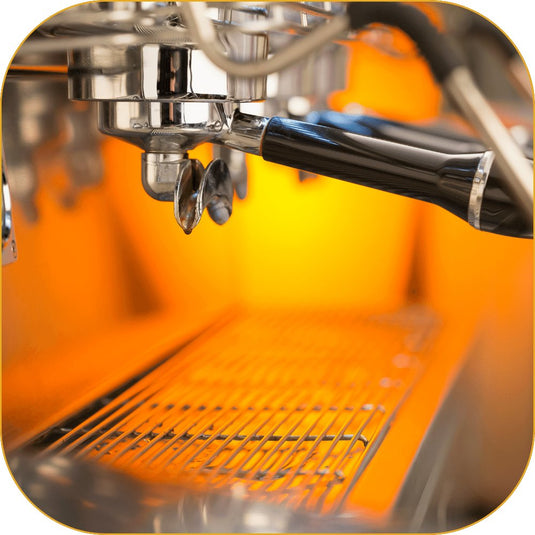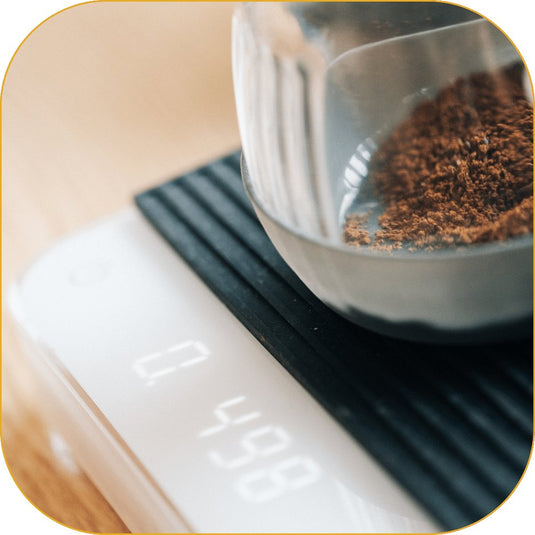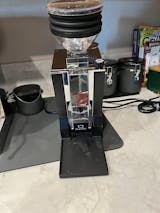Doser vs Doserless Coffee Grinders
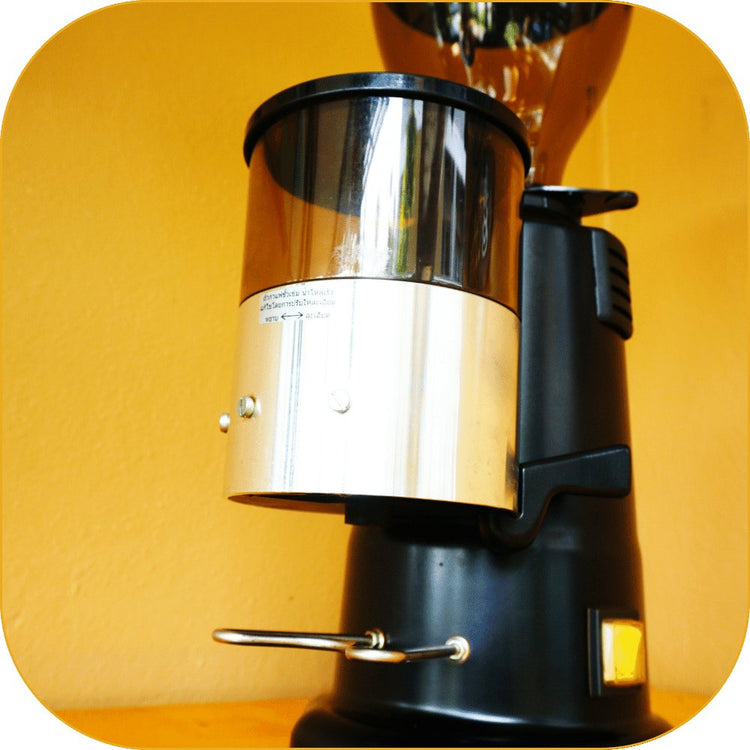
When it comes to enhancing the flavor and aroma of your coffee, the grind consistency plays a crucial role. Coffee enthusiasts often debate between doser and doserless coffee grinders, each with its own set of advantages and drawbacks. In this article, we'll dive into the doser vs. doserless dilemma, helping you understand which type of grinder best suits your brewing requirements.
Doser Coffee Grinders: What Are They?
Doser coffee grinders are recognizable by the chamber attached to the front that collects ground coffee. The chamber, called a dosing chamber, dispenses a pre-measured amount of coffee grounds with a pull of a lever. This feature is particularly useful for commercial settings where a consistent amount of coffee is required for multiple shots.
Pros of Doser Coffee Grinders
- Portion Control: Doser grinders excel at delivering consistent portions of coffee grounds, making them a favorite in high-volume environments like coffee shops.
- Less Waste: The dosing chamber prevents excess coffee from falling onto the countertop, reducing wastage and mess.
Cons of Doser Coffee Grinders
- Stale Coffee: The pre-measured coffee in the dosing chamber can become stale if not used quickly, impacting the freshness of your brew.
- Retention: Some coffee grounds might remain in the dosing chamber, leading to retention issues and altering the quality of your next grind.
Doserless Coffee Grinders: What Are They?
Doserless coffee grinders, as the name suggests, lack the dosing chamber. They deliver coffee grounds directly into your portafilter or a container, allowing for a fresher and more customizable grind.
Pros of Doserless Coffee Grinders
- Freshness: Doserless grinders offer a fresher grind, as coffee is ground directly into the desired brewing receptacle.
- Customization: You have more control over the quantity of coffee grounds, allowing for flexibility in adjusting the dosage for various brewing methods.
Cons of Doserless Coffee Grinders
- Mess: Without a dosing chamber, grounds can scatter, leading to a messier countertop if not managed carefully.
- Consistency: Achieving precise portions can be more challenging with doserless grinders, particularly for commercial settings that require uniform doses.
Choosing the Right Grinder for You
Your choice between doser and doserless coffee grinders largely depends on your brewing needs and preferences. If you're a home barista seeking maximum freshness and customization, a doserless grinder might be your ideal match. On the other hand, if you're running a bustling coffee shop that demands consistent portions, a doser grinder could streamline your workflow.
When navigating this decision, consider factors like the volume of coffee you'll be grinding, the level of precision you require, and your preference for a cleaner or more controlled process.
In conclusion, both doser and doserless coffee grinders have their merits, but the ultimate choice hinges on your unique brewing style and environment. Whichever type you choose, remember that a well-constructed grinder is a crucial tool in achieving that perfect cup of coffee you crave. So, weigh the pros and cons, consider your needs, and let your choice take your coffee experience to new heights.








